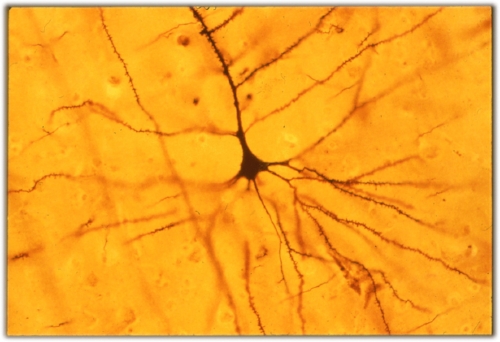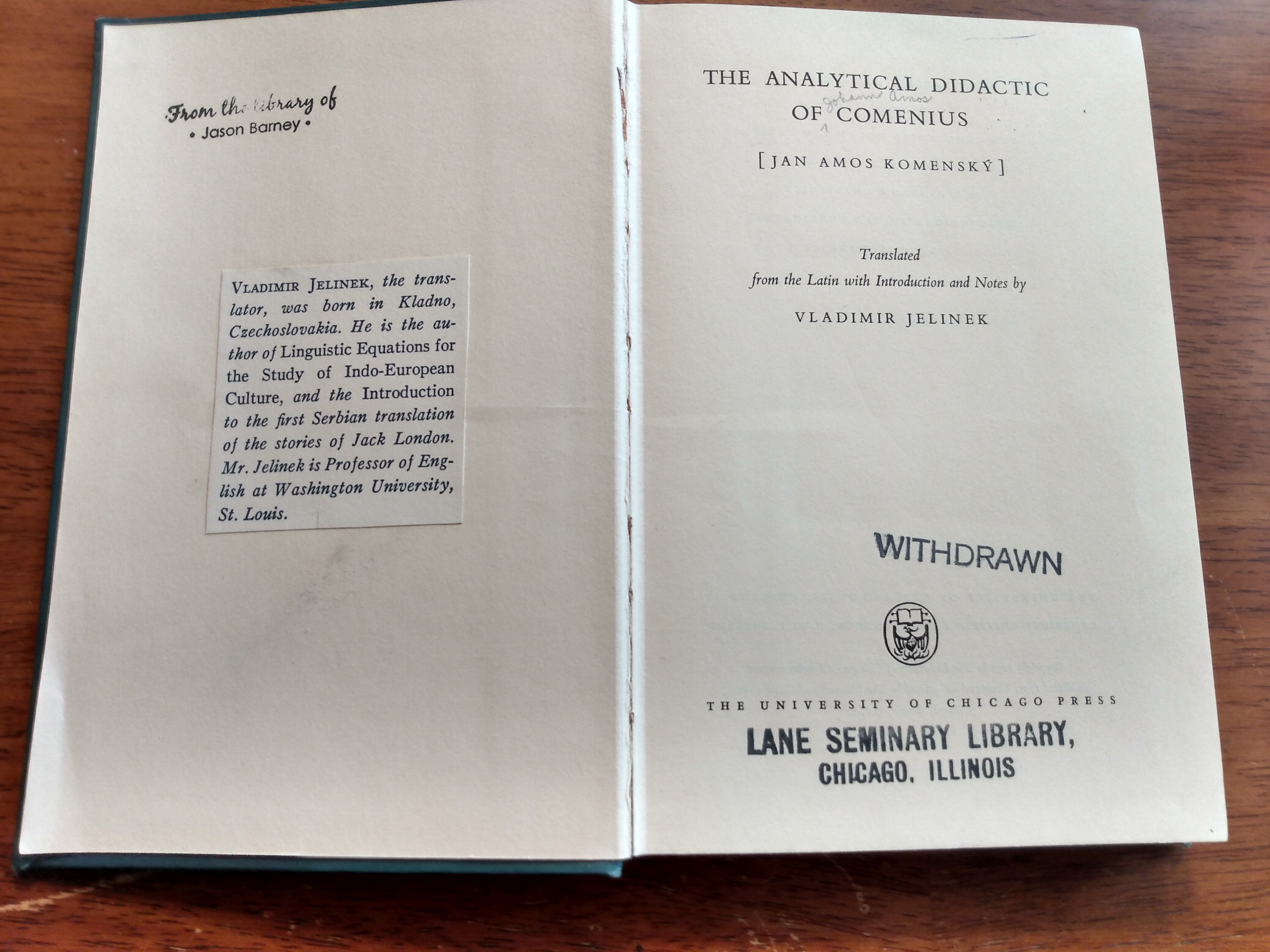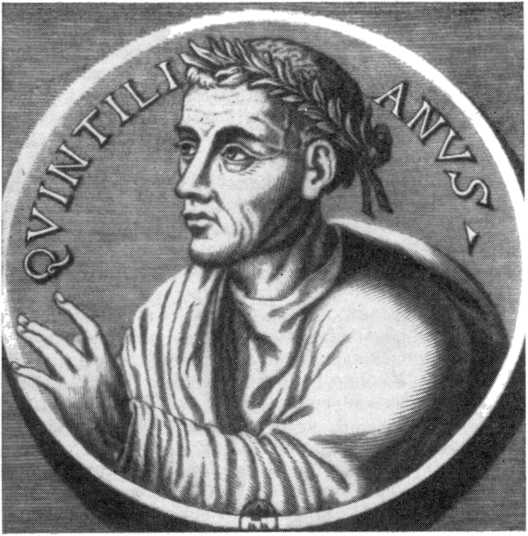Tag: memory
-

The Imitation Brain: Three Ways to Make the Most of Mirror Neurons
Imitation is the sincerest form of flattery. Is it possible that imitation is also the pathway to learning? In the late 1990s and early 2000s, scientists at the University of Parma published a series of studies singling out neurons that respond both when accomplishing a certain action and also when observing others accomplishing a certain…
-

3 Leadership Books for Teachers
Teachers are the leaders of their classrooms. Now, this may seem obvious (who else would be in charge?), so let me explain. Teachers are responsible for the execution of classroom objectives and the development of their students. In a healthy school, they are given the freedom and responsibility, within a broader structure of administrative oversight,…
-

Expanding Narration’s History in the late Middle Ages: Bernard of Chartres from John of Salisbury’s Metalogicon
This is the third blog article expanding the short history of narration I laid out a year ago. In the last two I expanded my treatment of John Amos Comenius to engage in detail with the passages from The Great Didactic and the Analytical Didactic that recommend activities that Charlotte Mason would have called narration.…
-

Expanding Narration’s History with Comenius: Narration’s Rebirth, Stage 2 – The Analytical Didactic
In my last article I expanded my treatment of the history of narration through delving into a passage from John Amos Comenius’ The Great Didactic. I began reading The Great Didactic last year while writing the history of narration series and determined that there was more to say about the rebirth of narration during the…
-

Moral Virtue and the Intellectual Virtue of Artistry or Craftsmanship
It might seem strange after the paradigm delineated above to focus our attention back on intellectual virtues alone, just after arguing for the holistic Christian purpose of education: the cultivation of moral, intellectual and spiritual virtues. But it is impossible to do everything in a single series or book. The cultivation of moral virtues requires…
-

Training the Prophetic Voice, Part 5: Internalizing the Prophetic Message
So far in this series, we have explored the theological and biblical paradigms surrounding our understanding of what it means to speak prophetically. It centers around God’s divine revelation to humanity and then becomes expressed through people who take up the message of God’s truth and speaking truth into new contexts. The model of discipleship…
-

Why the History of Narration Matters, Part 2: Classical Roots
In my last article I shared the first piece of why the history of narration matters: it has the potential to break down the barrier between the Charlotte Mason community and classical educators. There are some notable exceptions who have tried to cross the aisle, but for the most part these two groups have kept…
-

Building Ratio: Training Students to Think and Learn for Themselves
In 1947, medievalist Dorothy Sayers took the podium at Oxford University and delivered a lecture that would launch a referendum on modern methods of education. It took time, to be sure, but from our current vantage point in 2020, there is no doubt that her words left a sizeable imprint on the current educational landscape.…
-

True Mastery: The Benefits of Mixed Practice for Learning
“Practice, practice, practice.” This mantra for learning is proclaimed across companies and schools, athletics and the arts. The widely held belief is that the key to mastering a particular skill or gaining new knowledge is relatively straightforward: Practice. Now, to be sure, practice is important, especially if it rises to the threshold of “deliberate practice,”…

